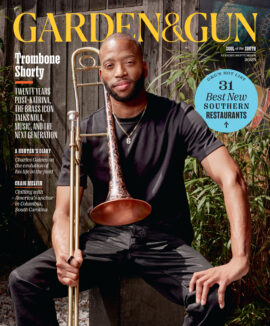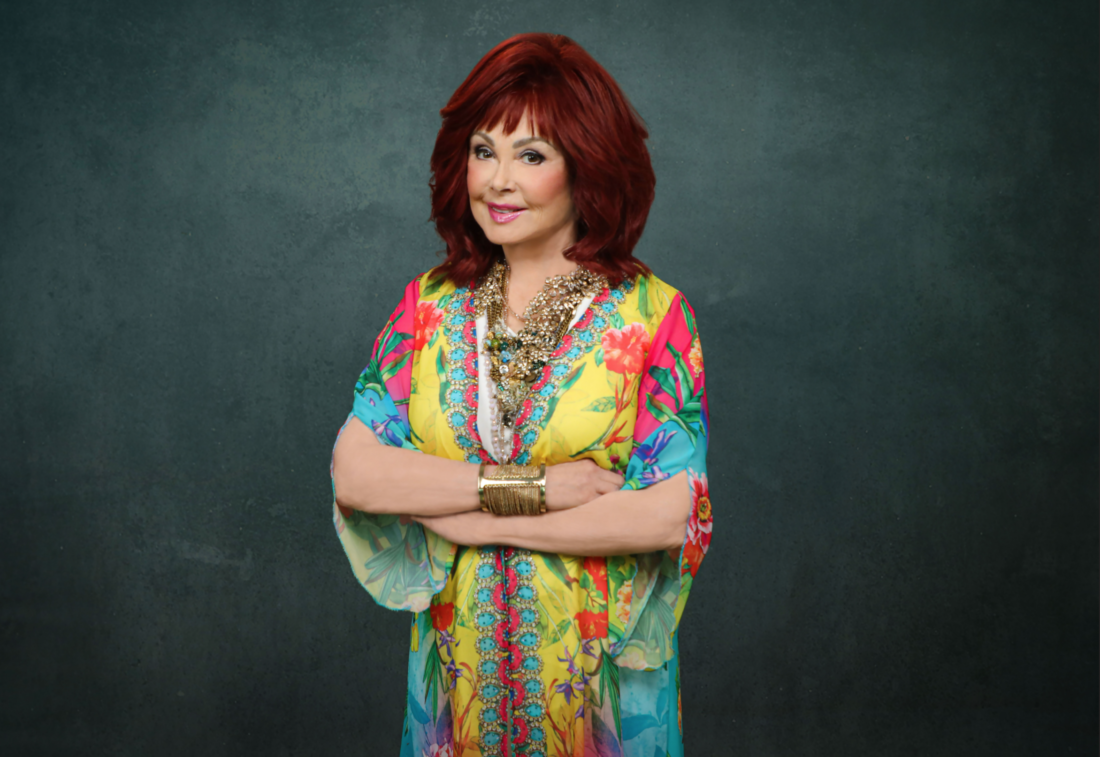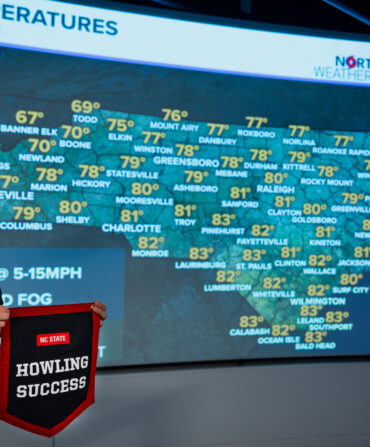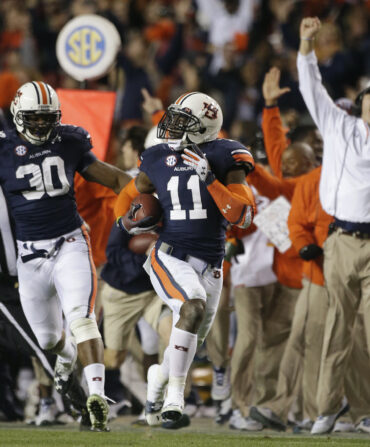I was twelve, in the back seat of my Aunt Sis’s gold-colored Pontiac Grand Prix while she drove us to the Piggly Wiggly in Corbin, Kentucky. Up front, Sis smoked and tapped her finger on the steering wheel while my mother sang along to the Judds on the radio: “Love Is Alive.”
Four years later, Sis snuck me into the Maverick Club in Richmond, Kentucky. “He’s my designated driver,” she told the man at the door, who put a bracelet on my arm so I wouldn’t be served alcohol. Sis gave me sips of her gin when nobody was looking, then danced to “Girls Night Out” in her bright red dress. Wild and free.
Not long before my aunt died, she and Mom washed dishes together and laughed at each other for crying when “Grandpa (Tell Me ‘Bout the Good Old Days)” played.
My mother and her sister possessed a ferocious love for one another, but they disagreed on lots: organized religion, how to cut up cantaloupe, how to raise children, housekeeping. Yet they agreed on how much they loved the Judds. We felt they were our people. They were from nearby Ashland, Kentucky, and we loved their music. We shared their joys and sorrows. They were sometimes a mess, and so were we. Who isn’t?
Many years later, much to my surprise, I became friends with Naomi Judd after working with her daughter Ashley on a film project. As fellow Kentuckians, writers, and tree-lovers, there was an instant connection. Since Naomi’s passing on April 30 at age 76, these are the moments I keep replaying:
We stood on the porch as a summer breeze moved through the leaves of a magnificent tulip poplar. She hooked her arm in mine. “I think that I shall never see/a poem, lovely as a tree,” she said, reciting lines from a Joyce Kilmer poem.
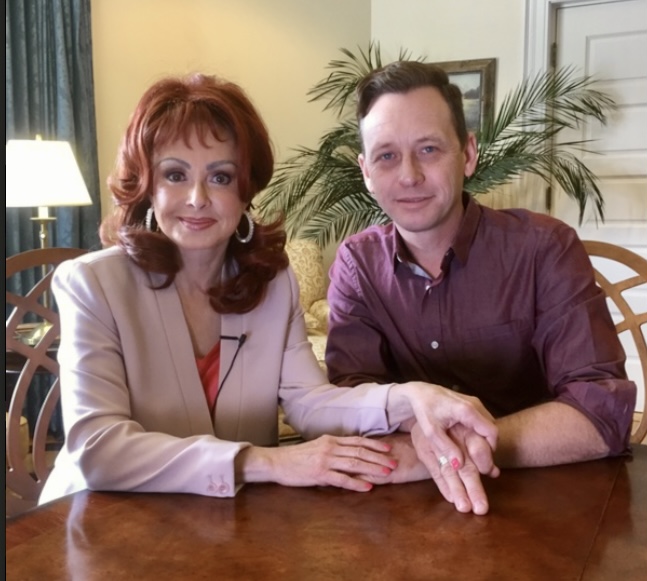
A few years ago, she was given an honorary doctorate at Berea College, where I am a professor. During commencement she was the consummate performer. She told stories of her life as a single mother, of making it in the music industry. Afterwards, as we were being whisked away in a golf cart, the crowd surged forward, calling to her, reaching out to touch her. She asked to stop so she could speak to them. They thanked her for sharing her life, for talking about her struggles. “I made it through my cancer because of you,” one woman said. Naomi held their hands, teared up with them, and listened.
We studied paintings together in a gallery. She spent a long time with each one, drinking them in. I saw interesting use of color, but she saw neuroscience commentary—she was endlessly fascinated with the brain—and explained in her patient way of speaking, slow and quiet, very serious.
One day we were in a little tourist town and I asked what she was interested in seeing. “I’m interested in talking to you,” she said. We spent hours that day in conversation.
Naomi never stopped being the dreaming girl from Kentucky, and she shared her story because she wanted to help others. She was not perfect, and she told the world about her regrets. Admitting her mistakes let other people claim their own. She loved to read and kept books throughout the house. I want people to remember this: Naomi was brilliant. She was one of country music’s most underrated songwriters, having penned many of the Judds’ best songs, including “Love Can Build a Bridge.”
She had the most beautiful handwriting, and she often dotted her i’s with hearts. Naomi loved dogs, and bodies of water, and Mary Oliver poems. More than anything else, she loved her daughters. People keep talking about their amazing strength in the days after her passing. She raised them that way.
More than anything else I keep thinking this: She was always so good to me. What else really matters, in the end? Nothing. Upon parting, she always held my hand in hers and told me she loved me.
When I was growing up, she was a performer who existed on vinyl records, inside the car radio my family always listened to, in the glossy pages of magazines. But she was a real person, full of love and wonder and sadness, with a constant longing to do more. She ached to be better, to put light into the world.
She did.

